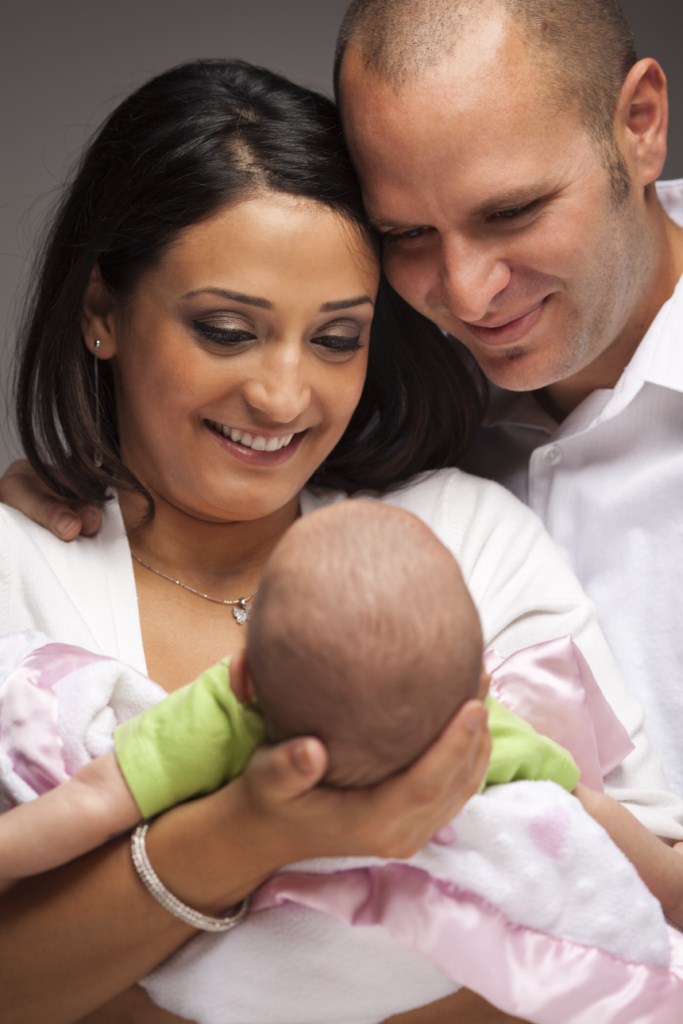MODULE 8
Healthy Family
c. Sounds Babies Make
Newborns can cry. After a few weeks, they can gurgle and make small sounds. Gradually, they begin to coo, babble, and laugh.

The best way to help babies learn to speak is to talk to them. Speak and sing to your baby as much as possible. Talk while feeding, bathing, and dressing your baby. Talk about what you see while taking a walk. What you say is not important, what matters most is that your baby hears your voice.
A. THE NEWBORN
Newborns may appear to be helpless but they can see, hear, smell, taste, and feel. Immediately after birth, babies are able to live, grow, and learn about the world.

a. What Babies See
Newborns can see light and dark, shapes, and patterns. They can focus and clearly see things that are 18 to 45 cm (7 to 18 inches) away. When you hold your baby in your arms, this is about the distance between his/her face and yours.

During the first few months, you may notice that your baby's eyes wander or cross once in a while. Many babies experience this until they are better able to control their eye muscles.
If you are worried about your baby's eyes, talk to your health care provider or a public health nurse.
INTRODUCTION
Welcome home and welcome to parenthood!
After a few days at the hospital, you may be looking forward to going home and beginning your life as a family.
On the other hand, many new parents feel quite worried about looking after their baby on their own. A newborn seems so small and fragile. You may wonder how you will manage.

This unit will cover the first six weeks of your baby's life. We will talk about the care required by you for your new baby and also about getting used to your life as a family.


